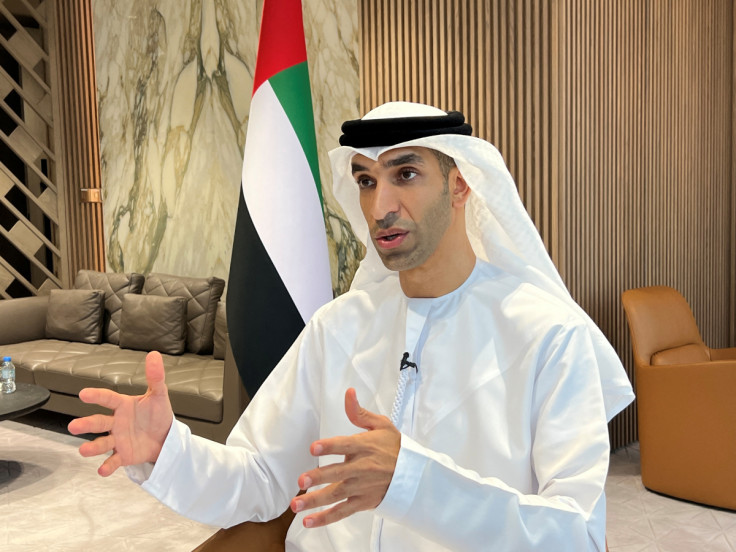UAE Supports GCC's Efforts To Enhance Intra-Regional Trade And Investment

UAE's Minister of State for Foreign Trade Thani Al Zeyoudi on Wednesday led a high-level delegation at the 66th GCC Trade Cooperation Committee meeting in Doha, Qatar.
The primary objective of the meeting was to bolster the economic landscape of the GCC by fostering regional trade opportunities, providing support for entrepreneurs and SMEs, developing new investment frameworks, and accelerating efforts on the GCC Commercial Arbitration Center.
During the meeting, the delegation also discussed potential amendments to commercial laws on consumer protection, competition regulations, e-commerce, and digital trade.
The UAE delegation included Abdullah Ahmed Al Saleh, Undersecretary of the Ministry of Economy; Abdullah Sultan Al Fan Al Shamsi, Assistant Undersecretary of the Ministry of Economy for the Control and Commercial Governance Sector; and Juma Mohammed Al Kait, Assistant Undersecretary for International Trade Affairs.
Al Zeyoudi said the UAE is dedicated to helping the GCC in enhancing regional unity and prosperity. He emphasized that this commitment benefits all member nations, improves the competitiveness of local entities, and encourages collaborations in important economic sectors.
"We very much welcome the Trade Cooperation Committee's ongoing efforts to boost the regional business environment, particularly in regards to attracting foreign investment, prioritizing support for SMEs, expediting business startup programs, easing export procedures, amending the rules and regulations governing trade, and promoting investment flows among member nations under the GCC Free Trade Agreement," he was quoted as saying by WAM.
"It's clear the committee's work will help generate investment prospects for local entrepreneurs and project owners and enhance the sustainability, growth, and global competitiveness of GCC economies," he added.
During the meeting, the committee highlighted the importance of simplifying import-export procedures and giving priority to GCC small and medium enterprises (SMEs) in government contracts.
The committee also discussed different ways to support entrepreneurs in the region by implementing training programs, facilitating the exchange of expertise and experiences, promoting investment and partnerships, initiating business accelerator and establishment programs as well as facilitating the registration of patents across all member states.
The main goal is to empower the private sector's growth.
The committee also reviewed plans for the upcoming second China-GCC Economic and Trade ministerial meeting. It discussed arrangements for the accompanying forum and preparations for the inaugural session of the China-GCC Forum on Industrial and Investment Cooperation, scheduled to be held in China this month.
© Copyright 2023 IBTimes AE. All rights reserved.





















